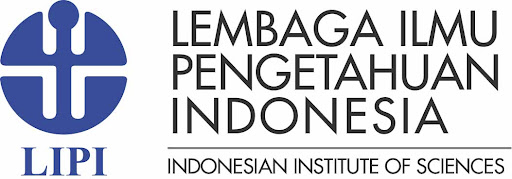Motivation, technology use, learning interest, and learning outcomes among Indonesian undergraduates
Keywords:
learning motivation, educational technology, learning interest, learning outcomes, private universityAbstract
This study investigates whether motivation, technology use, and learning interest meaningfully differentiate learning outcomes among undergraduate students in a private university in Indonesia. Drawing on theories of self-determination, interest development, and educational technology, the research examines three frequently cited drivers of academic performance in higher education. A quantitative, cross-sectional survey was administered to 100 students at BINUS University Alam Sutera, who completed a structured online questionnaire measuring learning motivation, technology use in learning, learning interest, and self-reported learning outcomes. Composite scores were calculated for each construct, and Analysis of Variance (ANOVA) was employed to test for differences in mean learning outcomes across levels of motivation, technology use, and learning interest. Descriptive statistics indicated generally moderate to high levels of motivation, frequent technology use, and positive learning interest in the sample. However, ANOVA results showed no statistically significant differences in learning outcomes across levels of any of the three predictors (p > 0.05). These findings contrast with much of the theoretical and empirical literature that posits positive effects of motivation, interest, and technology integration on academic achievement. The results suggest that, in this context, relatively uniform assessment practices, measurement limitations, and unobserved factors such as instructional quality and prior ability may overshadow the direct influence of the studied variables. The study highlights the need for more refined measurement, stronger alignment between technology and pedagogy, and more discriminating assessment systems in future research and practice.












